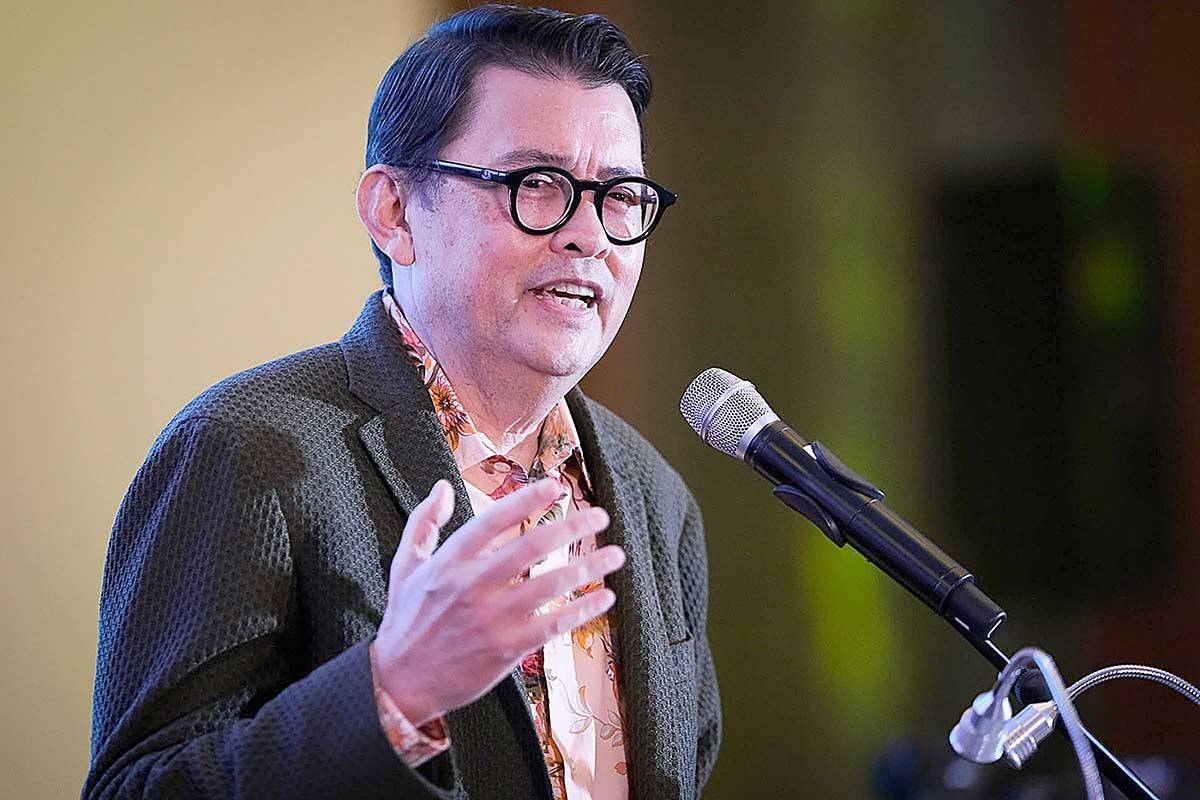GO Negosyo founder Jose Maria “Joey” Concepcion 3rd emphasized the need for the government to prioritize the creation of sustainable jobs instead of advocating for a wage hike. This statement comes in response to proposals by members of the House of Representatives to raise the minimum wage by P350, which is significantly higher than the P100 wage hike approved by the Senate.
Concepcion, who also serves as the Private Sector Advisory Council head for jobs, believes that fostering a skilled workforce and cultivating a vibrant economy that generates employment opportunities is a more sustainable approach to improving the standard of living for workers. He asserts, “We all want to improve the lives of our employees, but what is important is for the economy to continue to grow.”
According to Concepcion, as the economy expands, it naturally leads to the creation of more jobs. With increased demand for labor, wages will naturally rise for a larger portion of the population. He cites the example of the nursing sector, where the high demand for nurses has resulted in competitive salaries.
Upskilling and reskilling workers are additional long-term solutions proposed by Concepcion to address the issue of low wages. He believes that by investing in training programs, the Philippine labor force can become more competitive within the Association of Southeast Asian Nations (ASEAN) region. A highly skilled workforce can attract foreign direct investments, fueling economic growth and creating more sustainable job opportunities.
Concepcion cautions against using wage increases as a means to stimulate the economy. He argues that this approach can be precarious, particularly for smaller companies that may struggle to afford higher wages. Instead, he advocates for a focus on economic growth, which, in turn, can lead to job creation and increased wages on a more sustainable basis.
Furthermore, Concepcion suggests that decisions regarding minimum wage hikes should be left to the regional wage boards. These boards are responsible for reviewing and adjusting minimum wages based on factors such as inflation, cost of living, and economic conditions specific to their respective regions. If significant wage adjustments are deemed necessary beyond the regional level, legislation can be passed by Congress and signed into law by the President.
Concepcion emphasizes the potential negative impact of a P350 wage hike, stating, “They have to be careful with the 350 wage hike. Nobody in history has done that, and that will shake down a lot of companies.” He highlights the risk of businesses being unable to afford such a substantial increase in employee salaries.
While Concepcion acknowledges the desire to improve the lives of workers through higher wages, he believes that a well-functioning economy with sustainable job creation is the key to lasting improvement. By focusing on upskilling, reskilling, and fostering economic growth, the Philippines can create an environment where higher wages are a natural outcome of a thriving labor market.







